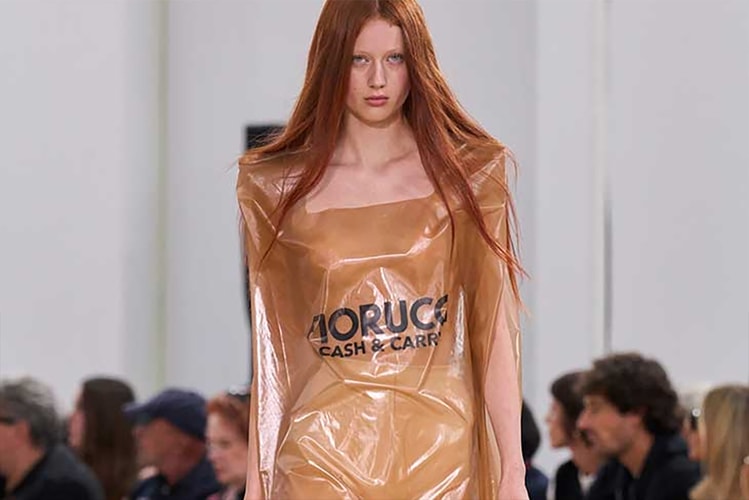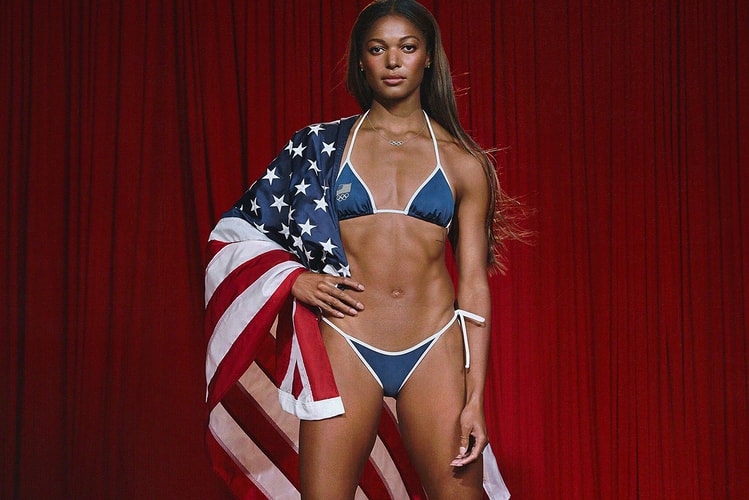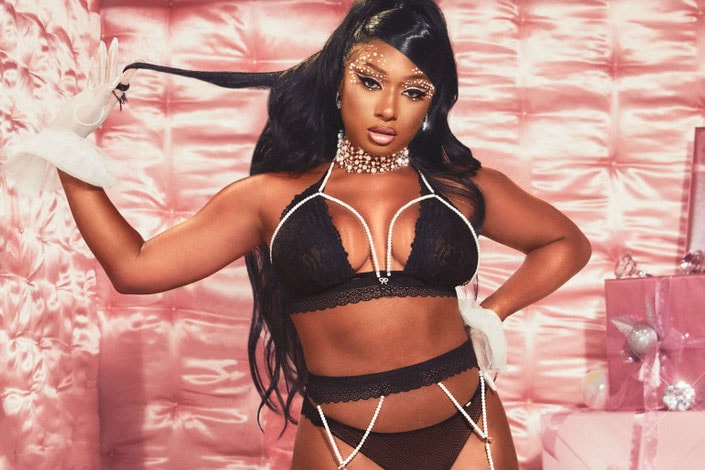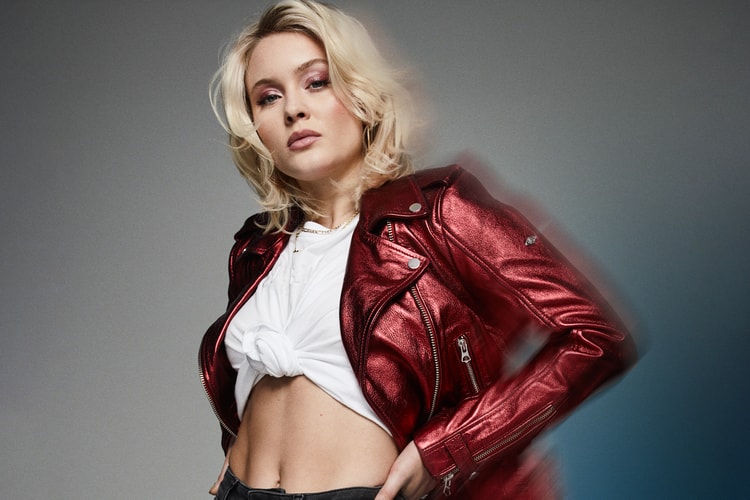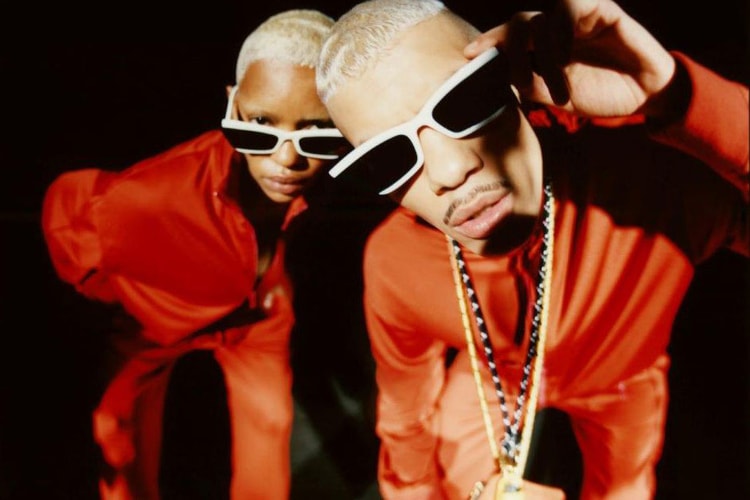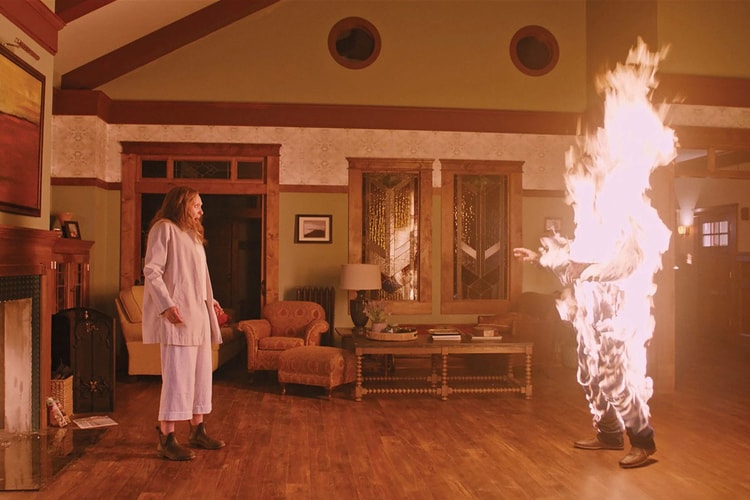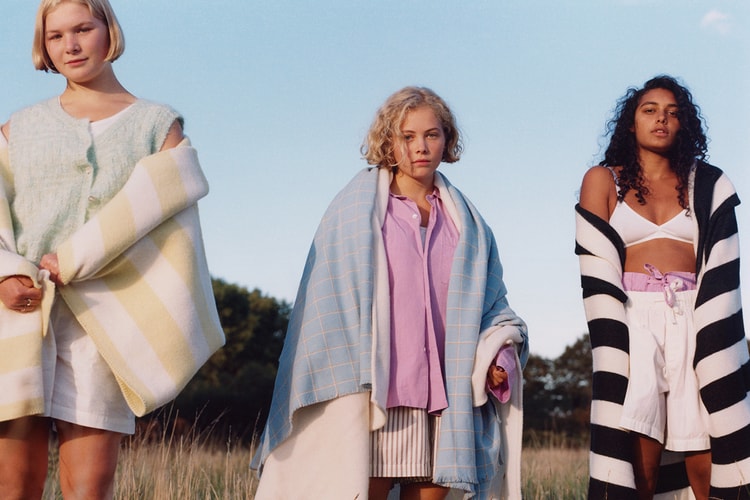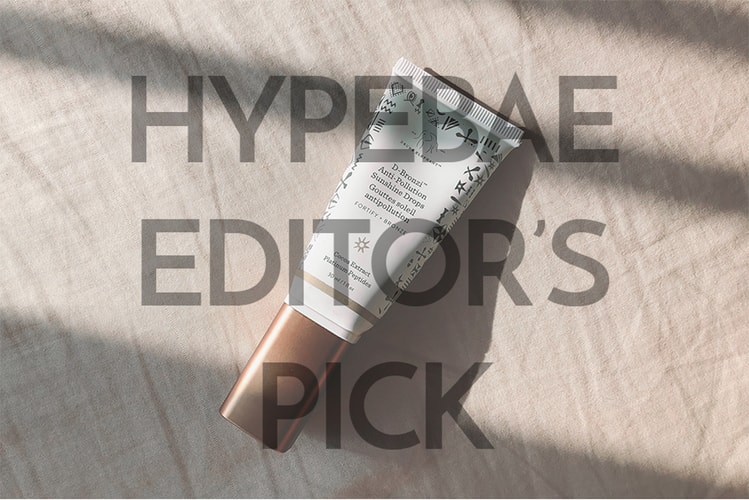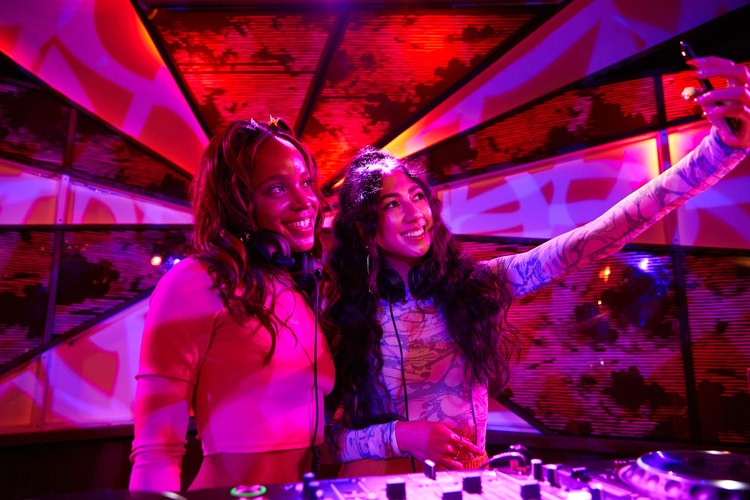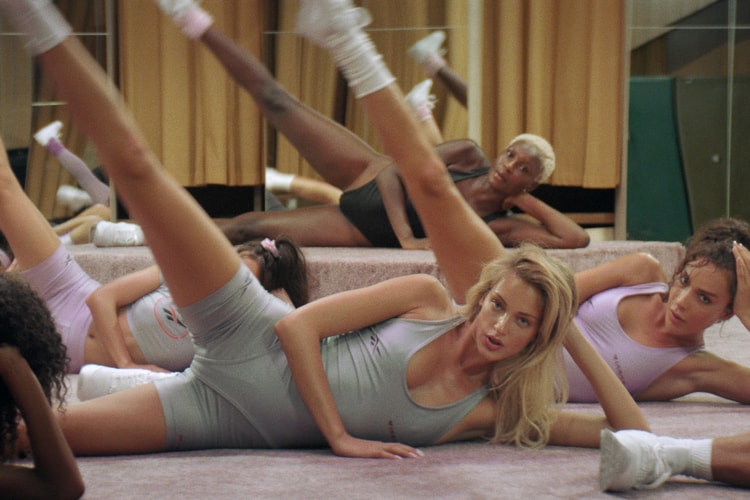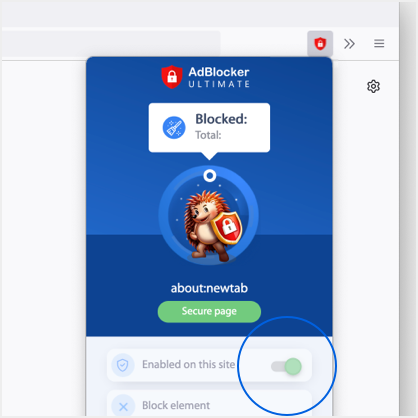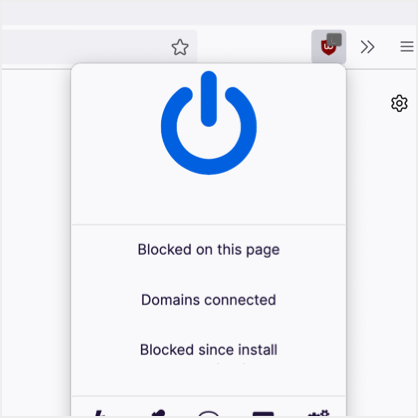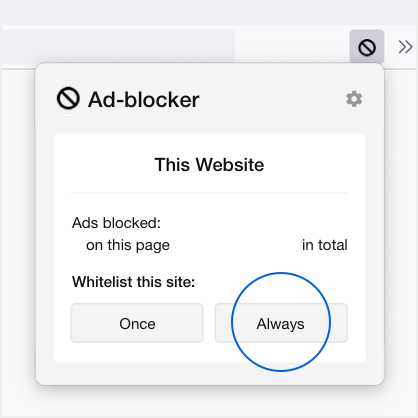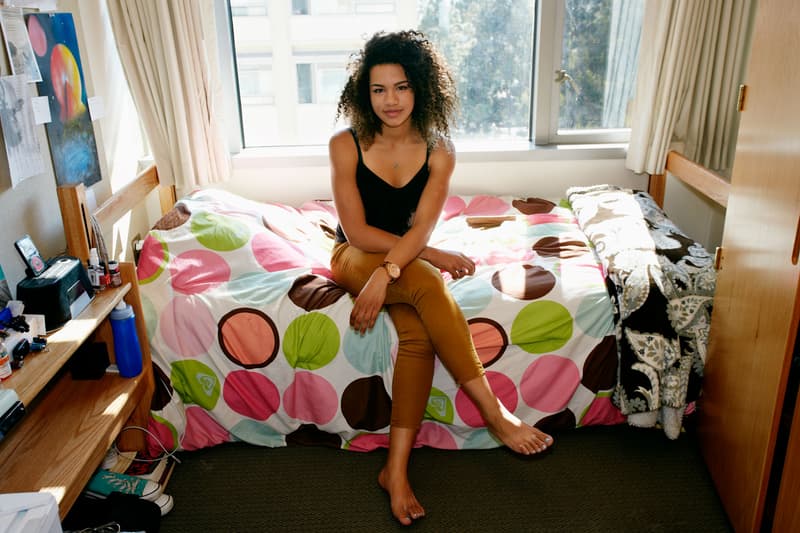
When Do Black Women Get to Rest?
On finding hope and joy in my Black body.
I had high hopes for 2020. This was going to be the year I built a successful side hustle, expanded my social circle and finally achieved some sort of self-acceptance and inner peace. Instead, the last eight months have been absolute hell on my emotional, physical and mental health. While I’m sure that’s true for most, the stress and anxiety of COVID-19 and the impending election only add to the daily wear and tear of my experience as a Black woman in America today.
While our country is currently reckoning with its racist past and present, shouldering the burden of daily microaggressions and systemic inequalities is my everyday reality. Senator Kamala Harris‘ debate performance was a masterclass in the mental Olympics Black women play to deal with the insane double standards we face. Our livelihoods depend on our ability to defend ourselves against people gaslighting and undermining us while trying not to fall into the angry Black woman trope. I’m not even five years into the workforce and I’m already exhausted.
The added stress of working during a pandemic while witnessing graphic racial atrocities quickly made me realize how dire my coping skills were. While terms like diversity, equity and inclusion are being floated around by many companies today, very few invest time and resources to emotionally support its employees. Working at the front desk of a white-glove organization, I was painfully aware that the space I occupied was not designed for me. Sitting at the front desk, alone in a white cube, the summer’s protests made me feel my Blackness in a way that I had not before. While I was lucky to enjoy a healthy work environment, to have supportive coworkers and to be near what I love — art — my role, at its core, was in service to the rich and white. While years of hospitality work have instilled in me a remarkable ability to flip an emotional switch and present a cheerful face, the chaos of the world around me depleted my capacity for emotional labor.
My clothing, tone of voice, how much I move my hands and neck when I speak are things I must be aware of at all times to control how clients view me. My hyper self-surveillance has long been an act of survival and a strategy for success. Still, this professional survival tactic turned into daily panic attacks and nightmares in the wake of this summer’s mass tragedies. Maybe it was the realization that no matter how articulate and poised I may seem, my worth as a person, as a Black woman, is negligible in the eyes of our society. How else am I to feel when even in our most vulnerable state, in the safety of our homes, Black women are not safe? Breonna Taylor, an award-winning EMT who did everything “right,” was murdered in her home, lying in bed asleep.
Working at the front desk of a white-glove organization, I was painfully aware that the space I occupied was not designed for me. Sitting at the front desk, alone in a white cube, the summer’s protests made me feel my Blackness in a way that I had not before.
The weight of hiding my anger and sadness behind a warm and friendly smile while women who look like me were being silenced and murdered was enough to break me. Eventually, I resorted to calling the Kentucky Attorney General and filling out petitions during the day. As someone who experiences mental illness, the weight of this moment has often felt unbearable. It’s hard not to internalize the notion that my very existence is dangerous. At 20-something years old, my focus should be on building a stable foundation for my future. Yet, my formative years are saturated with a paralyzing fear stemming from the truth — this world is unsafe for Black women.
Walking down the street feels like a minefield when loud jeers and honks make clear that your body is not your own. The road does not even belong to you. It’s sad how we normalize harassment and objectification as part and parcel of any woman’s existence. The physical anxiety and fear I feel when a car pulls up too slowly behind me have been enough to keep me from walking my dog, force me to wear sweats in the middle of summer or pull away from my girlfriend’s hand and cross the street because who has the time to be told they need help. Well-meaning friends and family discouraged me from shouting back out of fear for my safety when normalizing men’s courteous reactions is not the answer.
It’s hard for me to reckon with the fact that days after Black trans activist Oluwatoyin Salau found the courage to speak about her sexual abuse, she was murdered. Despite grappling with repeated abuse, Oluwatoyin still managed to show up and fight for her community, as many Black women do. Yet, her community dismissed and disbelieved her. I can’t explain the helplessness I feel for the many women who carry their pain in silence because our society and justice system refuses to acknowledge and believe us. If one of the world’s most famous rappers is mocked and bullied in the aftermath of her assault, what hope can I have that I’ll be taken seriously? The same men who sexualize and objectify From spicy games to prompts, ethical porn director, Angie Rowntree, shares her best tips Meet the Norwegian pop star who’s been hiding in plain sight #MeToo movement because it’s apparently “soft” to believe women. To know that these brave women stood their ground and spoke up, only to be joked about and murdered, sends the message that nowhere is safe for us.
Globally, we are experiencing trauma — witnessing traumatic events is enough to bring on residual effects. My summer was mostly an endless loop of pushing myself out of bed 30 minutes before work and coming home to spiral about the election, the pandemic, the deep hatred this world has for Black women. Without a proper support system, the short term solution was dissociation and Drizly. The physical and psychological effects of racial and sexual trauma are well proven. The chronic stress Black women carry has somehow become so entangled in our identity. Too often, we’re praised for our strength, resilience and endurance, yet there is never enough room for Black women to be soft, to exhibit joy and express love. Being a Black woman should not feel as tiresome as it does. For our own sake, it’s essential to find ways to unload and express joy. While we cannot eradicate injustice and discrimination overnight, I’m hopeful that creating space for joy can better equip us for the bullsh*t this world throws our way.
The physical and psychological effects of racial and sexual trauma are well proven. The chronic stress Black women carry has somehow become so entangled in our identity. Too often, we’re praised for our strength, resilience and endurance, yet there is never enough room for Black women to be soft, to exhibit joy and express love.
While everyone’s health and well-being journey is their own, it’s hard not to turn to maladaptive coping mechanisms in times of extreme distress. What pulled me out of my doom spiral is knowing that this is not my world alone. I’d like to see a better society for my younger cousins and while one person cannot change an entire system, I know that I am not doing anyone any good if I’m not looking after myself. To be a better ancestor, I need to look to my own who have endured, loved and found joy despite the obstacles in their way. To take care of myself, I’ve started to look at self-care as an act of resistance because what could be more dangerous than a Black woman who loves herself?
Pauline De Leon mental health. I wish I had sought out practitioners specifically trained in trauma and cultural sensitivity in my own journey. While therapy is not a bandaid, a lot of the trauma we have lives in our bodies. Experiencing smaller events over time, like daily microaggressions or sexual harassment, can be a trigger. It’s essential to look at therapy not just as a tool for when things get bad, but for maintenance and prevention. Mindfulness meditation can also be a useful tool in combating PTSD symptoms, which is especially important now. Witnessing trauma and violence often triggers past traumas, so being mindful of my social media diet is definitely an everyday battle. We continually seek out digital connection when we’re lonely and the pandemic has not made that any easier.
Lately, I’ve been making a conscious effort to seek out Black voices that reaffirm how unique and complex the Black experience is. Instead of sharing explicit videos, highlighting Black-owned businesses and creatives counteracts the negative connotations associated with Blackness. Imagine a timeline of Black happy faces. This type of visual reassurance I find is crucial in affirming my place in the world. Building a community of supportive peers and allies helps me see all the possibilities for Black women and combats the isolating effects of racism and quarantine. When you’re often the “only one” in the room, it can be incredibly empowering and affirming to be surrounded by other Black women or those who understand your experience.
Building a community of supportive peers and allies helps me see all the possibilities for Black women and combats the isolating effects of racism and quarantine. When you’re often the “only one” in the room, it can be incredibly empowering and affirming to be surrounded by other Black women or those who understand your experience.
There is also something to be said for admiring yourself, for yourself. Black women are too often hyper-sexualized, objectified and regarded as disposable. Connecting with your body can mean different things — it’s essential to claim your body as your own. As a whole, women are taught to be looked at. Away from a white male gaze, we can look at ourselves through our own eyes free from judgement and societal expectations. When touch is limited, I’ve taken to reconnecting with my own body. We deserve to show and accept love to and for ourselves. Whether it’s pampering, taking flirty pictures or masturbating, I think it’s essential to find ways to show yourself some love, especially in a world where it is so sparse.
Society stands on the fruits of labor and would collapse without us. With the election ever inching closer, we need to prioritize Black women at the booths. By continuing to take up space, demand for our voices and experiences to be centered, and validate all Black women’s experiences, we can achieve actual progress. The best thing Black women can do, for ourselves and for our society, is to love ourselves unapologetically and loudly.
Collette Grimes is a freelance writer, content strategist and photographer based in Brooklyn. Collette enjoys writing and creating content from art, fashion and culture to gender, social justice and sustainability.



